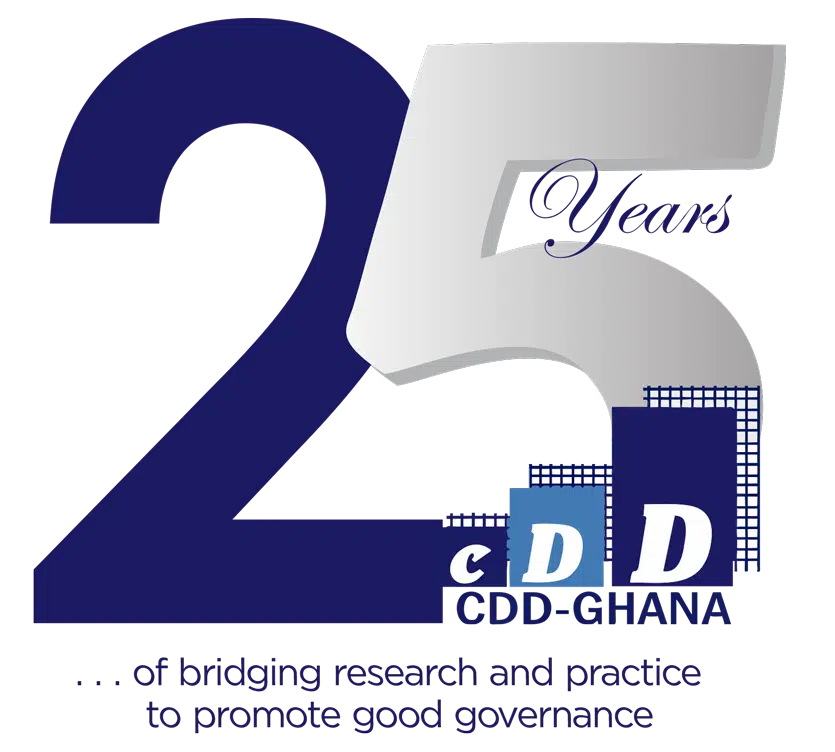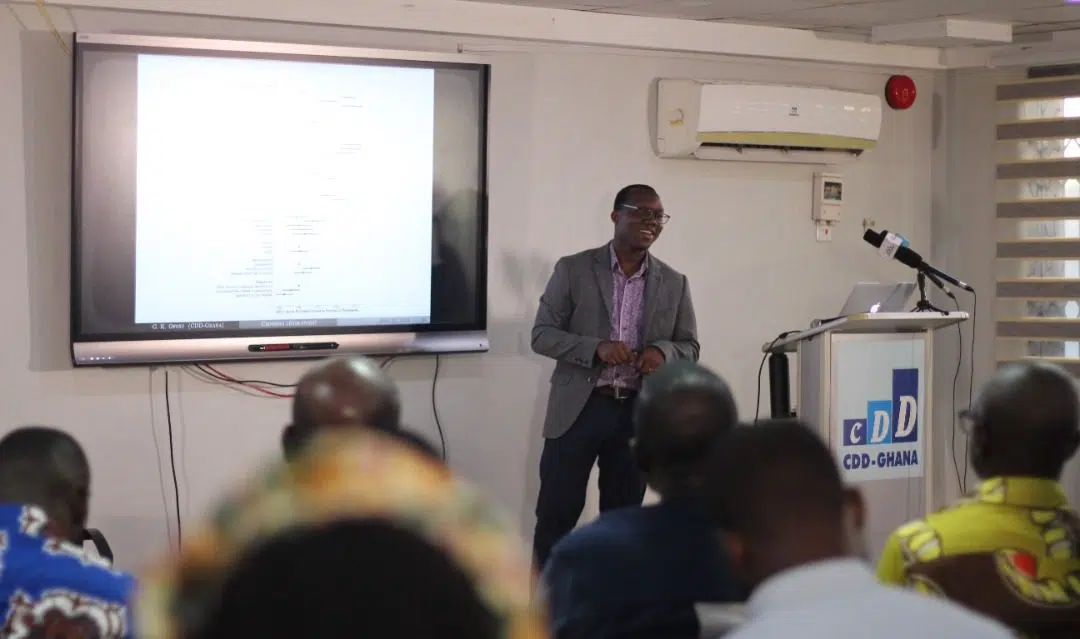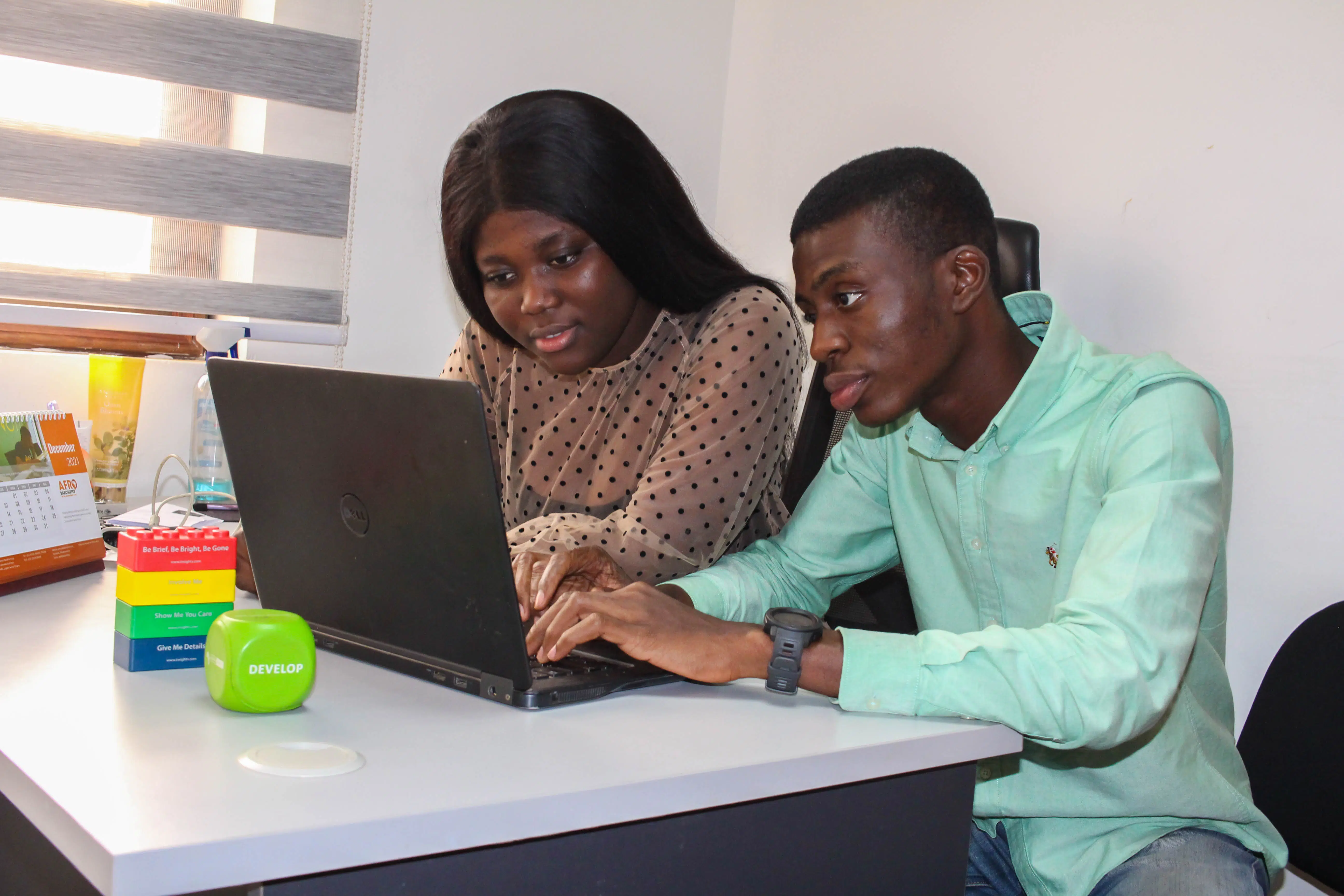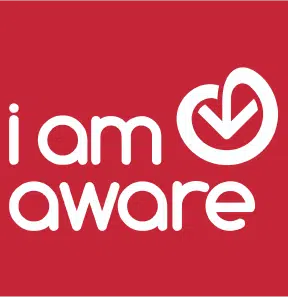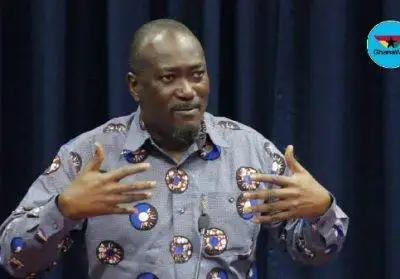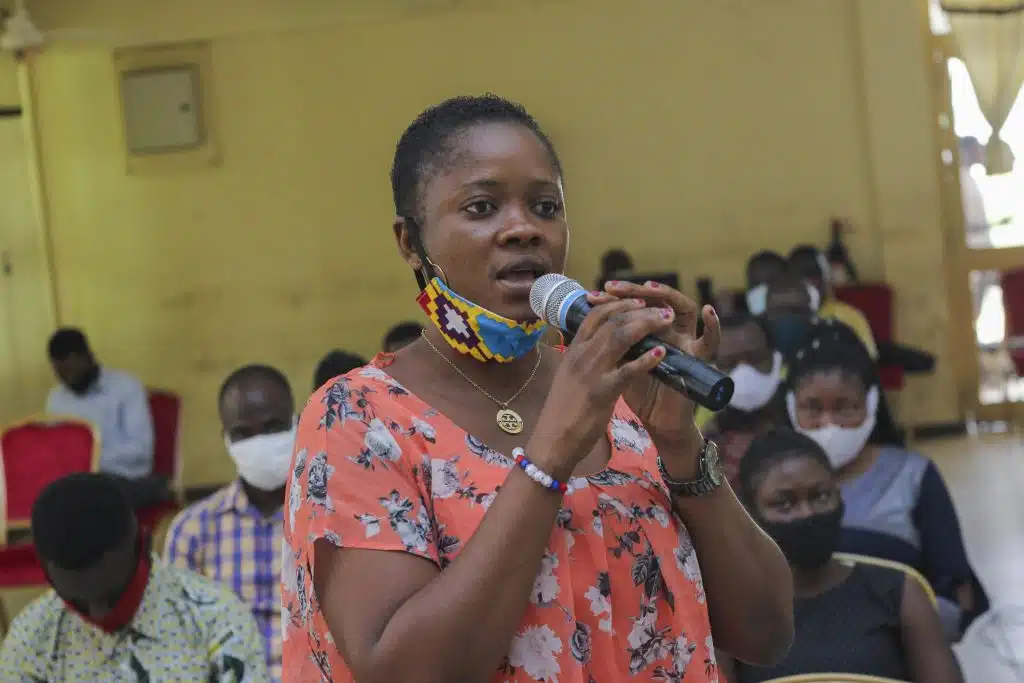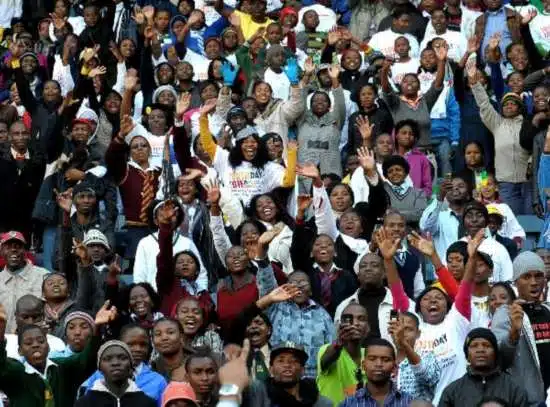The twenty-sixth Conference of the Parties (COP) is currently ongoing in Glasgow Scotland. It is happening at a time where there is consensus that the world is not doing enough to protect the climate. There have been arguments made that most of the countries demanding more action to minimise greenhouse gas emissions are the guiltiest when it comes to global warming over the centuries. Whilst some also suggest that less developed countries should be allowed to go down the route the developed countries took to accelerate their development. We can’t help but wonder if these arguments are tenable.
In their addresses, several leaders including Mia Amor Mottley the Prime Minister of Barbados and Ghana’s Nana Akufo-Addo questioned the whereabouts of the US$100 billion promised by wealthy countries. President Akufo-Addo stated, “We are, naturally, very disappointed by the failure of the wealthy nations to honour their commitments of making available one hundred billion dollars (US$100 billion) annually to the poorer countries to assist us in the fight against climate change, and by the unavailability of the technology transfer that will help us find sustainable ways of charting a path out of this existential crisis. Those same nations are, however, insisting that we abandon the opportunity for rapid development of our economies. That would be tantamount to enshrining inequality of the highest order, a totally unacceptable conclusion.”
As health watchers, we are occasioned to ask whether less developed countries have quantified adequately the environmental and medical consequences of climate change? We ask this because we get the impression that some utterances by certain leaders of these countries do not seem to suggest that countries mainly in Africa and Asia are disproportionately bearing the brunt of climate change. We can all agree that climate change affects the main environmental determinants of health i.e., clean air, safe drinking water, sufficient food, and secure shelter.
A drive across Ghana gives one an indication of the extent of air pollution due to the impact of dust (either from laterite roads due to unconstructed or partly constructed roads), smoke (from the burning of refuse, bushfires etc.), stench from uncollected waste and public places of convenience etc. All these are contributing to a rise in acute and chronic respiratory tract infections. Data available from the Institute for Health Metrix and Evaluation (IHME) suggests that over 10 years between 2009 and 2019, air pollution in Ghana was the second risk factor driving the most death and disability. Over that same period, the contribution of lower respiratory infections to mortality and morbidity increased by 20%. This has an impact on the productivity of our population due to changes in our disability-adjusted life year (DALY) a measure of the number of years lost due to ill-health, disability, or early death.
The impact of climate change and related practices on our ability to guarantee the provision of safe drinking water in the future cannot be ignored. Globally, it has been suggested that in the coming years, waterbodies could become a bone of contention between many countries resulting in potential wars. A look at most water bodies in the country points to a decline in their size, opacity, and water quality. For many, due to the negative impact of mining, the extent of chemical pollution with mercury, cyanide and similar products has led to an increase in local disease burden from poison, congenital malformation, poor development of children, skin disorders etc. Already, the Ghana Water Company has indicated that if these trends are not reversed, the country could be forced to import drinking water within a decade. We are of the view that this preposition should be of concern to readers.
While we destroy our access to drinking water, the changing weather trends have also in recent years led to flooding from rainfall. This has become more common in Ghana threatening many settlements and causing loss of life through drowning.
The loss of arable land in the West African sub region due to the combined effect of deforestation and the expansion of the Sahara Desert has already led to famine in several countries. This often leads to nomadic herdsmen moving their flock into countries like Ghana. This has led to some conflicts due to the destruction of farmlands and contamination of drinking water sources.
In the past month, there has been a report by the Ghana Health Service of a suspected outbreak of Yellow Fever in the Savanah Region leading to the loss of eight lives. The report stated that affected persons were nomads in selected communities in West and North Gonja districts who had never been vaccinated against yellow fever. Another indication that climate change has the potential to drive disease outbreaks. This if not checked will more likely affect countries with fragile health systems disproportionally. Also, the loss of arable land has a direct impact on food security and malnutrition, the leading risk factor driving the most death and disability in Ghana between 2009 and 2019 based on IHME data.
The World Health Organisation (WHO) estimates that between 2030 and 2050, climate change is expected to cause approximately 250,000 additional deaths per year, from a combination of malnutrition, malaria, diarrhoea, and heat stress. They acknowledge that countries with weak health infrastructure, mostly in developing countries will be the least able to cope without assistance in preparing and responding adequately to this threat. However, we are of the view that these countries should show some leadership too.
For example, there needs to be legislation and enforcement around the use of non-recyclable plastic, many of which are dumped indiscriminately leading to the clogging of already dwindling waterways poisoning aquatic life which when consumed, pose a health risk too. The plastic blockage also increases the likelihood of flooding during rains. Allied to this is the dumping of refuse in these water bodies too which have a similar impact. The wanton destruction of our forests which apart from leading to loss of arable land diminishes that ability to capture carbon dioxide produced due to human activity must be addressed too. How we have conspired over the years in failing to combat illegal mining cannot be blamed on the non-availability of the promised US$100 billion annually in our view.
What countries like Ghana must remember is that should we fail to take the threats of global warming seriously, the WHO predicts that the direct health costs (excluding costs in health-determining sectors such as agriculture and water and sanitation), could be anywhere between US$ 2 and US$ 4 billion annually by 2030. With our limited economic fiscal space, this cost may further burden our economies and decrease the potential for development.
Juxtaposing our higher population growth rates compared to wealthier countries we are of the view that apart from the health impact, there could be national security issues as the youthful population bulge is confronted with this putrid mix. Yes, wealthier countries got us here and continue to be the worst polluters. It is on record that most developing countries contribute less than 20% of the global carbon footprint. However, these countries are better placed to mitigate the impact of climate change than we are. This for us is the quantification less-resourced countries need to undertake and make a move on climate change irrespective of what failed promises may have been made.
 Kwame Sarpong Asiedu (PhD) is Democracy and Development Fellow (Public Health) at the Ghana Center for Democratic Development (CDD-Ghana)
Kwame Sarpong Asiedu (PhD) is Democracy and Development Fellow (Public Health) at the Ghana Center for Democratic Development (CDD-Ghana)

